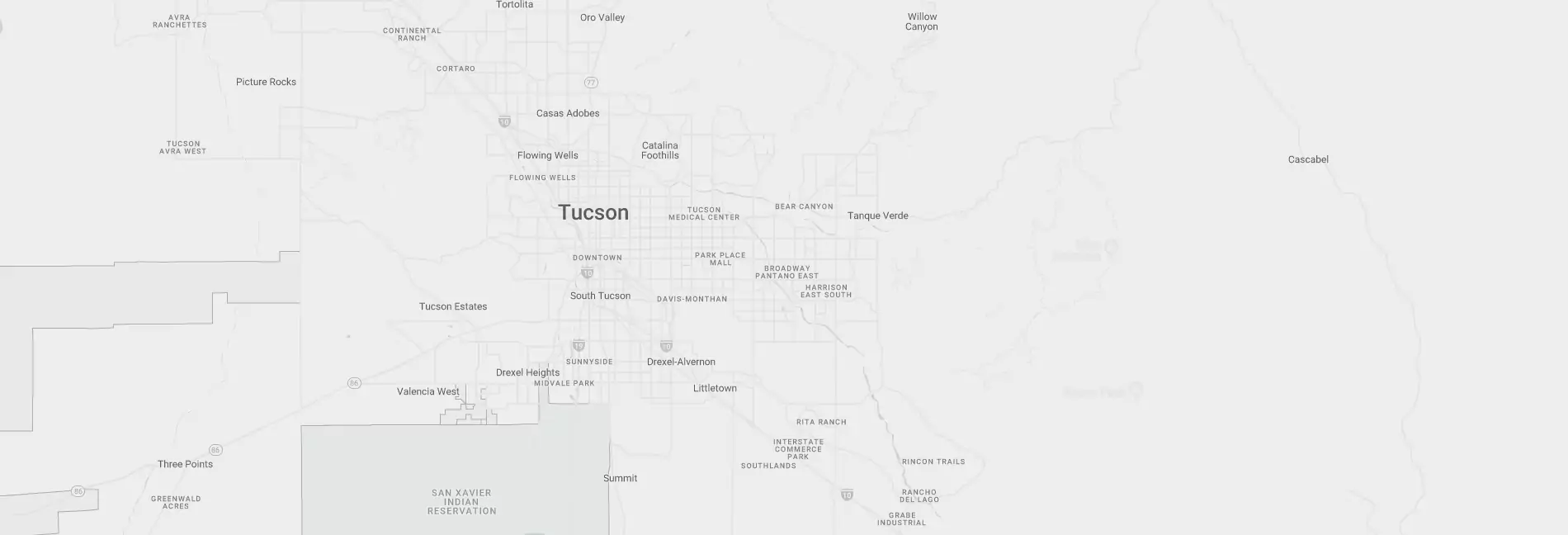In today’s digital age, the process of loan signings has undergone significant transformations. Gone are the days of cumbersome paperwork and lengthy waiting periods.
Enter Mobile Notary Publics
One key player driving this change is the mobile notary public (MNP). An MNP is a certified notary who travels to a borrower’s location to facilitate loan signings.
Convenience Redefined
MNPs offer unparalleled convenience, allowing borrowers to sign documents at a time and place of their choosing. This flexibility is particularly beneficial for individuals with busy schedules or limited mobility.
Streamlining the Process
By leveraging MNPs, lenders can significantly streamline their loan signing processes. No longer must borrowers take time off work or travel to a physical location to sign documents.
Enhanced Customer Experience
The incorporation of MNPs into loan signings yields numerous benefits for customers. Borrowers enjoy a seamless, hassle-free experience, fostering increased satisfaction and loyalty.
Security and Compliance
MNPs are trained professionals, well-versed in the intricacies of notarization. They ensure all documents are executed correctly, maintaining the integrity of the loan signing process.
The Rise of Mobile Technology
The proliferation of mobile devices has paved the way for MNPs to thrive. Advanced digital tools enable seamless communication, document exchange, and electronic signatures.
Real-Time Communication
MNPs utilize real-time communication platforms to coordinate with borrowers, lenders, and title companies. This facilitates efficient scheduling, minimizing delays and errors.
Electronic Documents and Signatures
The use of electronic documents and signatures has become ubiquitous in loan signings. MNPs leverage e-signature platforms, ensuring secure, tamper-evident documentation.
Compliance with Industry Regulations
MNPs must adhere to stringent industry regulations, including the Uniform Electronic Transactions Act (UETA) and the Electronic Signatures in Global and National Commerce Act (ESIGN).
Notary Public Commission Requirements
To become an MNP, individuals must obtain a notary public commission from their state of residence. This involves meeting specific eligibility criteria, completing a training program, and passing a certification exam.
Background Checks and Bonding
MNPs undergo rigorous background checks to ensure their credibility and trustworthiness. Additionally, they are bonded, providing an added layer of protection for borrowers and lenders alike.
Industry Certifications
Reputable MNPs often possess industry-recognized certifications, such as the National Notary Association (NNA) Certified Notary Signing Agent (CNSA) designation.
The Benefits of Mobile Notary Publics in Loan Signings
Incorporating MNPs into loan signings yields numerous benefits, including:
- Enhanced borrower convenience and satisfaction
- Increased lender efficiency and cost savings
- Improved document accuracy and compliance
- Expedited loan processing times
Challenges Faced by Mobile Notary Publics
Despite the advantages offered by MNPs, they face unique challenges, such as:
- Maintaining up-to-date knowledge of industry regulations and best practices
- Ensuring seamless communication with borrowers, lenders, and title companies
- Managing logistical complexities associated with traveling to borrower locations
The Future of Loan Signings
As the demand for streamlined, customer-centric loan signings continues to grow, the role of MNPs will become increasingly vital. Embracing innovative technologies and process improvements will be crucial in shaping the future of this industry.
Mobile notary publics play a pivotal role in modernizing loan signings, offering unparalleled convenience, security, and compliance. As the mortgage industry continues to evolve, the importance of MNPs will only continue to grow.





